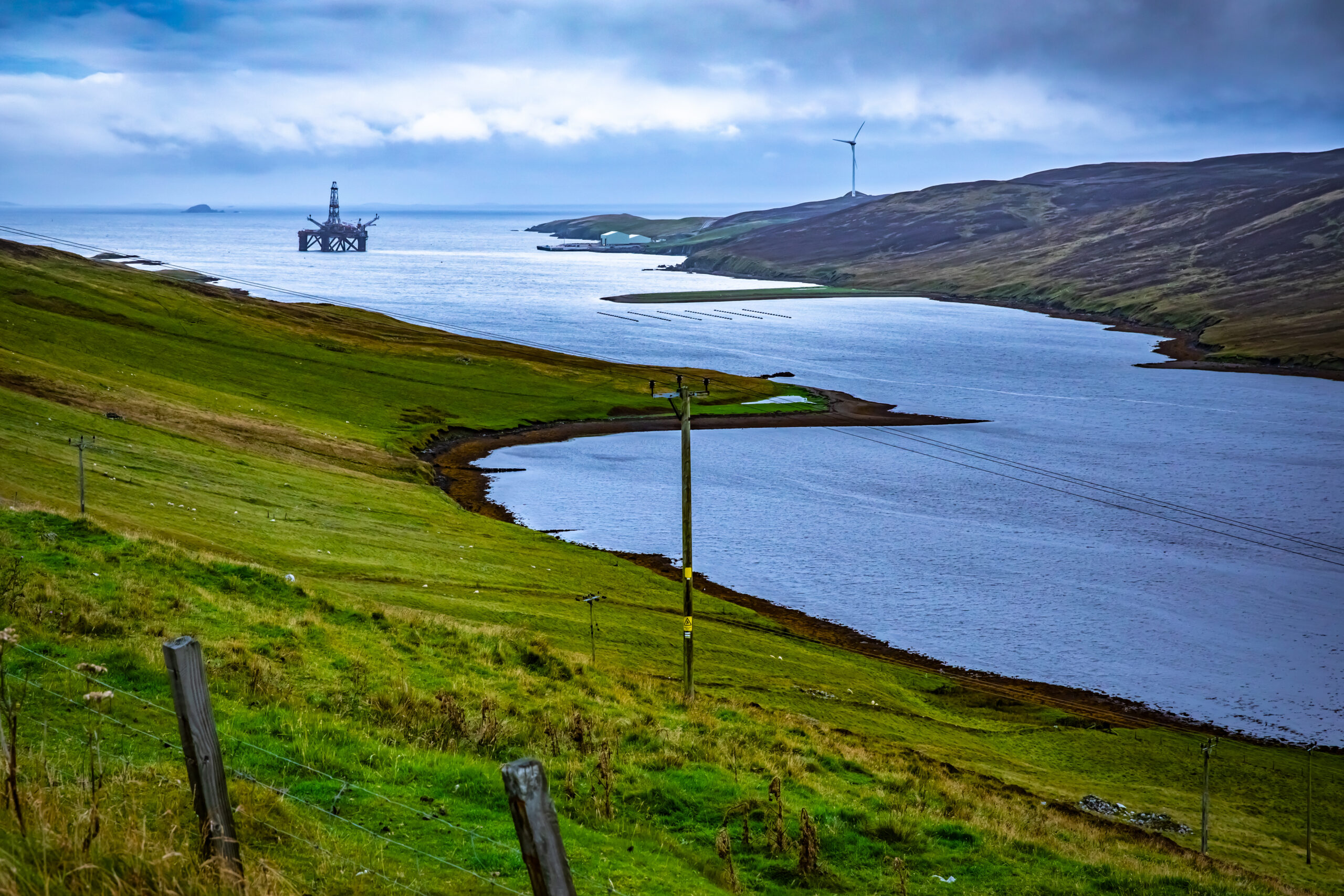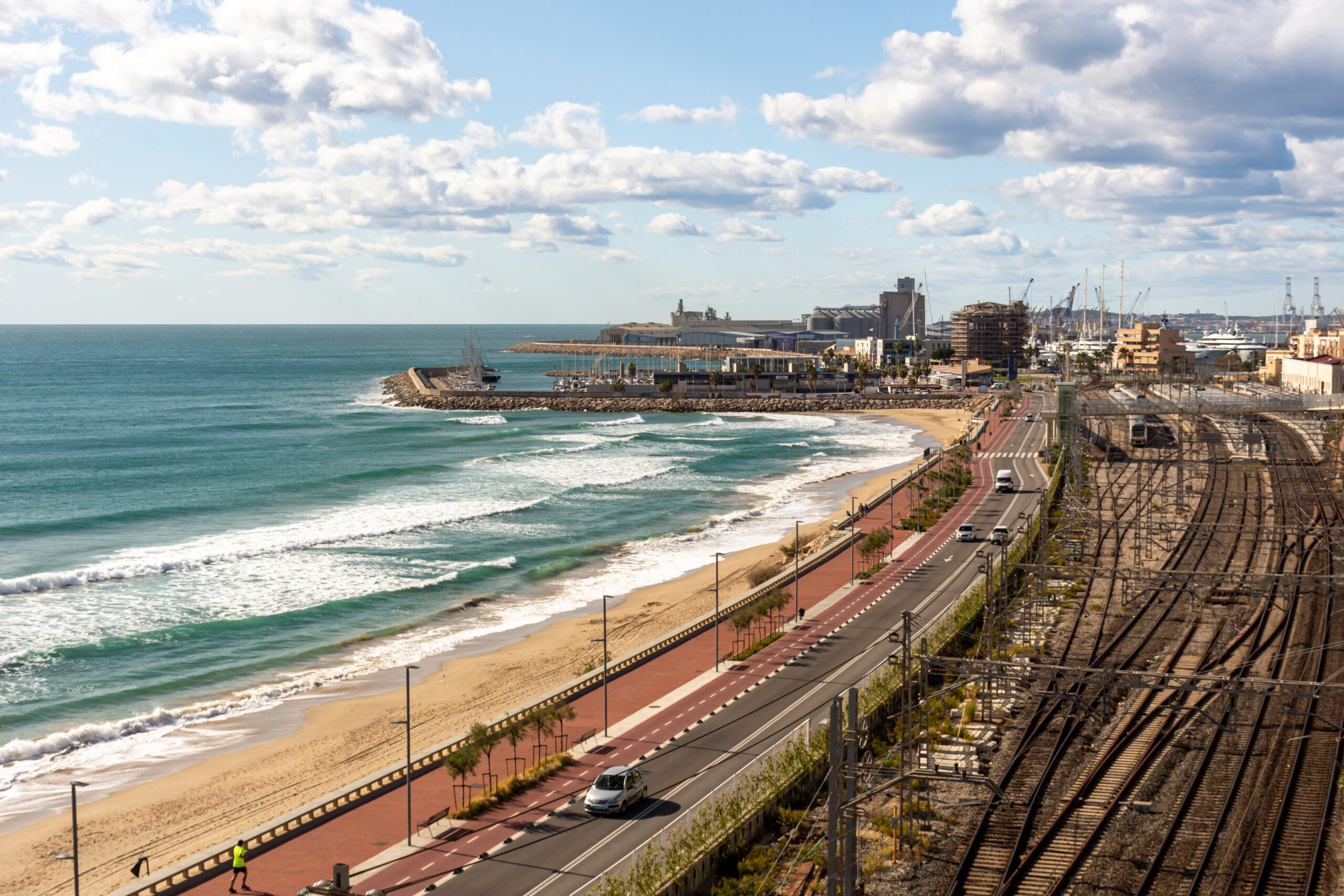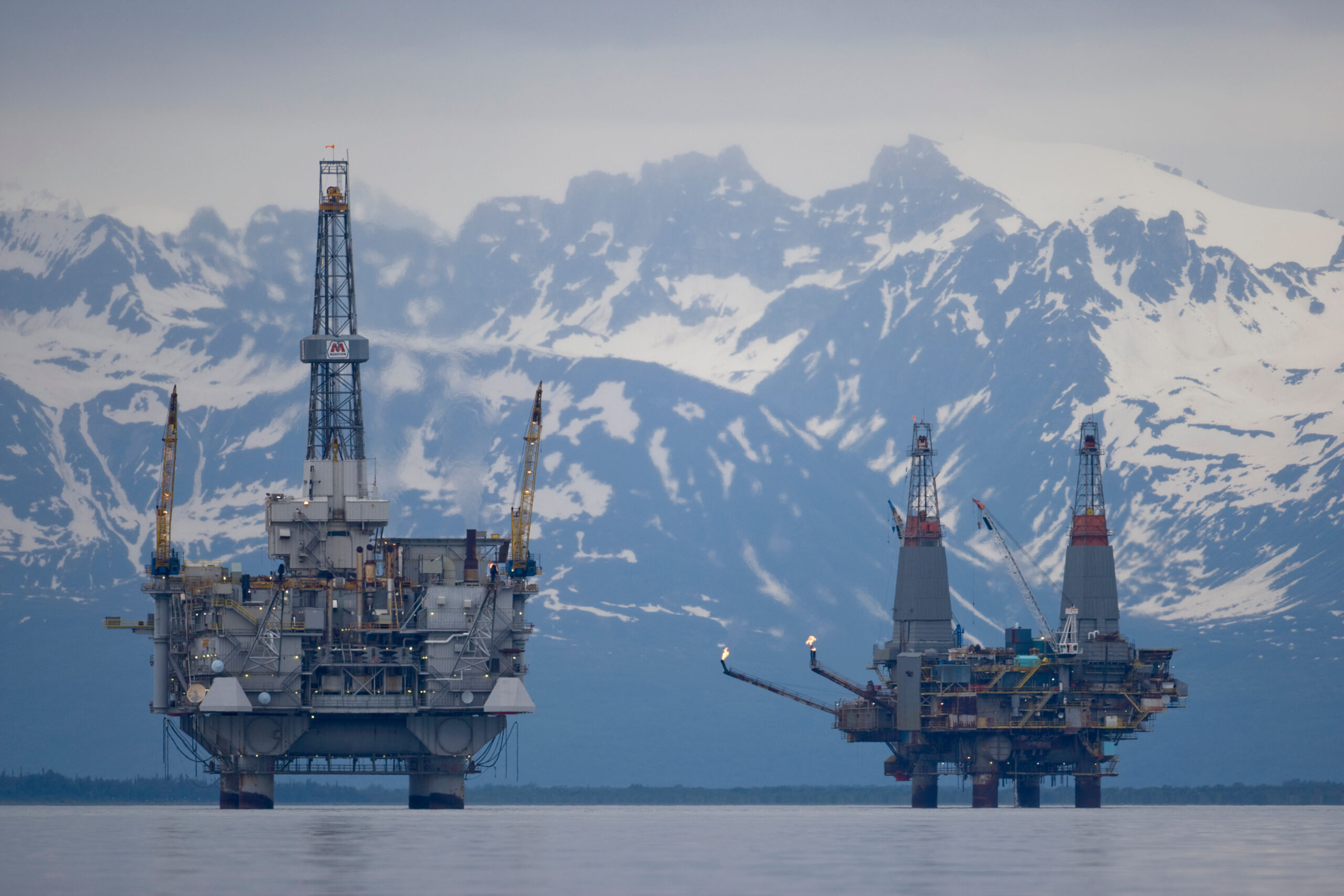As UK approves Rosebank, fossil fuel polarisation grows
The Rosebank oil and gas field is one of the largest undeveloped discoveries in UK waters, estimated to hold 300 million barrels of oil.

The UK energy regulators’ decision to grant the go-ahead to the controversial Rosebank oil and gas field has highlighted a widening divide between environmentalists, who are seeing this as a complete u-turn on climate commitments, and supporters of the position that boosting domestic fossil fuel supplies is needed to strengthen the country’s energy security.
At the end of September, the UK North Sea Transition Authority (NSTA) granted a new licence for the Rosebank project, a decision welcomed by the UK government despite widespread opposition from scientists, environmental groups and climate experts.
Located in the North Sea, 80 miles off Shetland, the Rosebank oil and gas field is one the largest undeveloped discoveries in UK waters. It is estimated to hold 300 million barrels of oil.
It is owned by Norway’s Equinor (80%), who is also operator, and Ithaca Energy (20%).
Equinor said it is planning to start drilling the wells in 2025, with a view to start production in the fourth quarter of 2026.
According to the company, the field’s oil production could account for 8% of the UK’s output between 2026 and 2030.
At its peak, Rosebank is expected to produce 69,000 barrels of oil and 44 million cubic feet of gas per day.
The natural gas will be transported onshore by a new pipeline into the existing West of Shetland Pipeline Systems (WOSPS).
Supporters of the project have hailed this as a step in the right direction, saying the oil and gas are needed to boost the UK’s energy security.
Moreover, it will have a positive impact on the supply chain, with a direct investment of approximately £8.1 billion, of which £6.3 billion is likely to be invested in UK-based businesses, according to Equinor.
Despite plans to boost renewable energy capacity, the UK is expected to still rely on fossil fuels by 2050, with a quarter of energy needs coming from oil and gas, according to estimates from the Climate Change Committee.
“All new projects, including Rosebank, will be in line with the natural decline of the North Sea basin,” the UK department for energy security and net zero said in a statement on September 27.
“New projects like Rosebank are expected to be significantly less emissions intensive than previous developments, as they are more efficient and are developed with measures to mitigate emissions,” it said.
“We are investing on our world-leading renewable energy but, as the independent Climate Change Committee recognise, we will need oil and gas as part of that mix on the path to net zero and so it makes sense to use our own supplies from North Sea fields such as Rosebank,” said energy security secretary Claire Coutinho.
“The jobs and billions of pounds this is worth to our economy will enable us to have greater energy independence, making us more secure against tyrants like Putin.”
“We will continue to back the UK’s oil and gas industry to underpin our energy security, grow our economy and help us deliver the transition to cheaper, cleaner energy.”
“The UK is a net importer of crude as we are deficient in domestic supply to the tune of 30%. Barrels that can be produced here will help reduce our need for imports,” Gail Anderson, director of research at Wood Mackenzie, told Gas Outlook.
“Some of Rosebank’s barrels will end up in refineries in Northwest Europe, but much of the product from these refineries comes back to the UK,” she added.
UK trade body Offshore Energies UK (OEUK) said that while the Rosebank approval was good news, over its lifetime the file will only meet eight months’ worth of UK demand and the country needs to further boost its oil and gas production capacity amid declining North Sea output.
“We have around 283 fields in the North Sea, but over 180 of those will stop producing within the next decade. If these are not replaced, we will import 80 percent of the oil and gas the UK will need at a higher cost to the consumer, our economy, and ultimately the climate,” said OEUK CEO, David Whitehouse.
Environmentalists mull appeal
Critics on the other hand have repeatedly warned that boosting domestic oil and gas production is incompatible with climate targets and doesn’t guarantee that the additional supplies will be destined for the UK, or that they will result in lower energy bills for consumers and businesses.
For both the Climate Change Committee and International Energy Agency (IEA), approval of new oil, gas or coal projects is incompatible with keeping global warming below the 1.5 degrees C target.
“The UK Government has ignored the conclusions and advice of experts… It is further confirmation that the UK has rapidly become an international laggard, rather than a leader, on climate change,” Bob Ward, policy and communications director at the Grantham Research Institute on Climate Change and the Environment at the London School of Economics and Political Science said.
“The development of Rosebank will make very little difference to the UK’s energy security or the prices consumers pay for heating and electricity. The development of clean domestic energy, such as onshore and offshore wind, and the electrification of the UK economy offers the only pathway to sustainable, secure and affordable energy,” he added.
Green MP Caroline Lucas said the approval of Rosebank was “morally obscene,” and the “greatest act of environmental vandalism in my lifetime,” media reported.
Meanwhile, Labour leader Sir Keir Starmer said the party would not revoke the licence for the oil field if it wins the next election, adding that allowing exploration to go ahead would provide “stability” to the economy.
Amid the increased polarisation of attitudes towards fossil fuels, Uplift UK is looking to appeal the decision, its executive director and climate lawyer, Tessa Khan, confirmed to Gas Outlook.
The organisation lobbies for a fossil fuel-free UK.
“Besides being a bad deal for the UK, we have strong reason to believe the decision to approve Rosebank is also unlawful,” she said.
“The government has yet to release the details of the decision, but based on what we already know, we believe the decision risks blowing the UK’s climate targets, that it is unlikely to have assessed downstream emissions or the full extent of marine impacts of the approval, and the whole process has lacked transparency.”
“We will be seeking a judicial review of the approval decision. The case will be taken in the Scottish courts, which have jurisdiction over this matter due to the location of the field,” she said.



